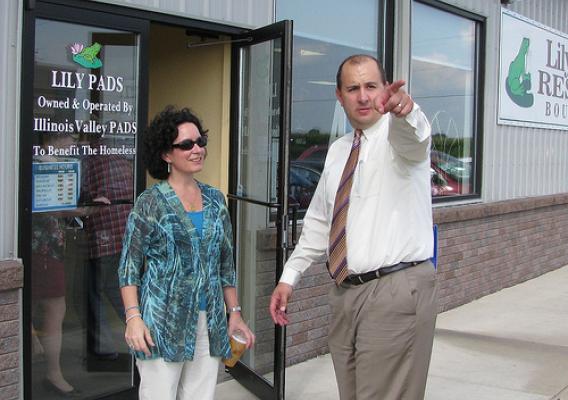Arsenic is poisonous. It is also just about everywhere, but it is especially prevalent in the groundwater of the Southwest. In the economically challenged City of Freer, Texas, citizens rely on the Freer Water Control and Improvement District (FWCID) to draw water from the underground Catahoula aquifer and deliver safe drinking water. Naturally occurring arsenic levels have remained constant in the region for more than a century. Then, the Environmental Protection Agency’s new national standards took effect and the City of Freer turned to FWCID to take action.
Aided by financial assistance from the USDA Water and Environmental Program, the FWCID has completed a two-phase approach to meeting the district’s water supply and public safety needs. FWCID first received USDA funding to drill two new water wells, each rated at 167 gallons per minute (now a total of eight wells); 13,600 feet of well collection lines; and 15,000 linear feet of well control line to remotely control the wells, and the delivery of raw water from the well site's million-gallon holding tank to the new Arsenic Removal System (Phase II). Previously, water flow was manually controlled by FWCID personnel and gravity fed from the well facility to its customers.










